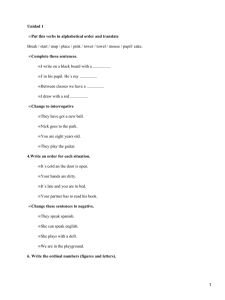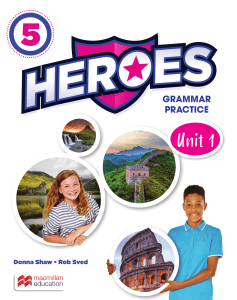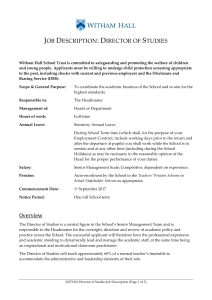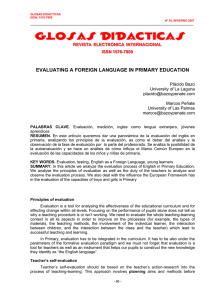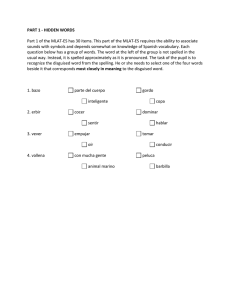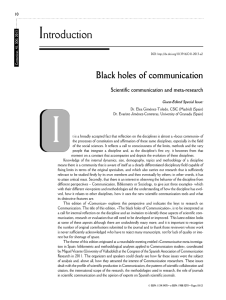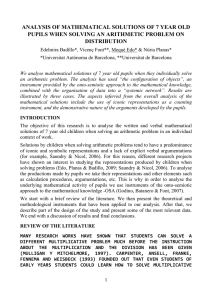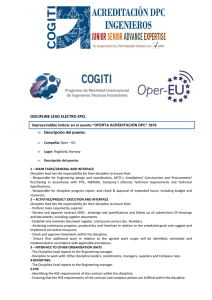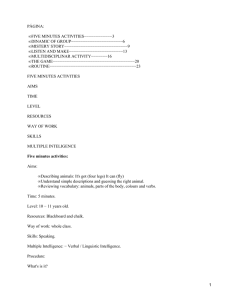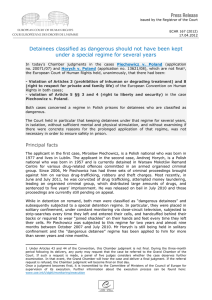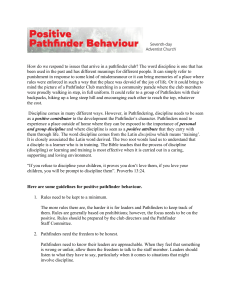School discipline – text
Anuncio
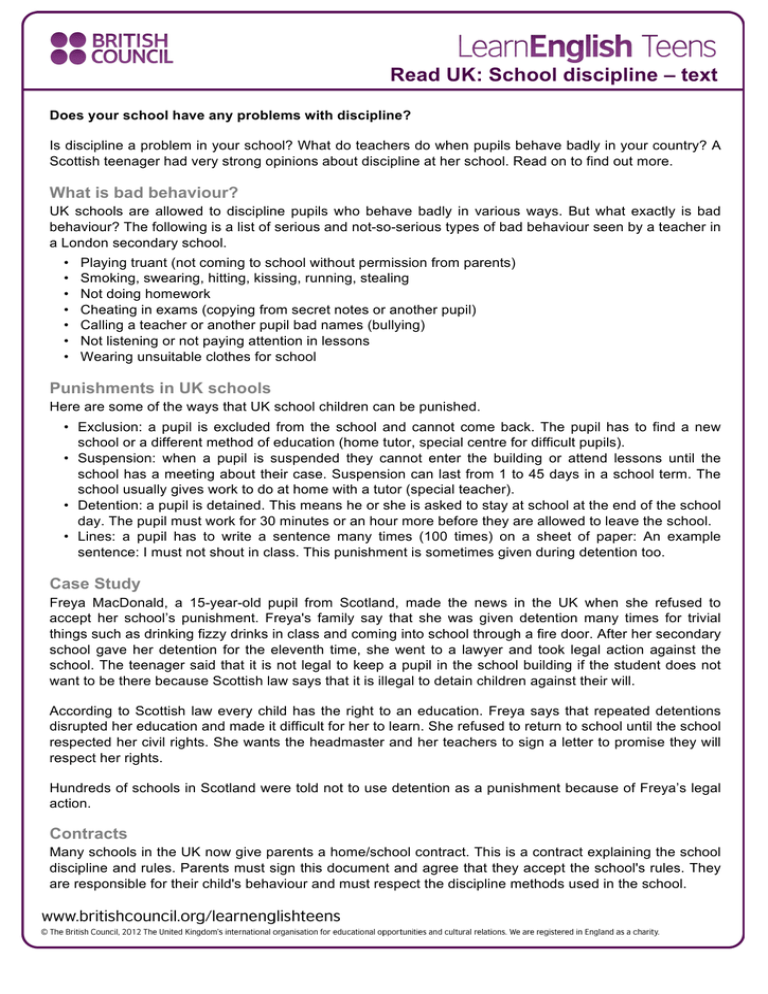
Read UK: School discipline – text Does your school have any problems with discipline? Is discipline a problem in your school? What do teachers do when pupils behave badly in your country? A Scottish teenager had very strong opinions about discipline at her school. Read on to find out more. What is bad behaviour? UK schools are allowed to discipline pupils who behave badly in various ways. But what exactly is bad behaviour? The following is a list of serious and not-so-serious types of bad behaviour seen by a teacher in a London secondary school. • • • • • • • Playing truant (not coming to school without permission from parents) Smoking, swearing, hitting, kissing, running, stealing Not doing homework Cheating in exams (copying from secret notes or another pupil) Calling a teacher or another pupil bad names (bullying) Not listening or not paying attention in lessons Wearing unsuitable clothes for school Punishments in UK schools Here are some of the ways that UK school children can be punished. • Exclusion: a pupil is excluded from the school and cannot come back. The pupil has to find a new school or a different method of education (home tutor, special centre for difficult pupils). • Suspension: when a pupil is suspended they cannot enter the building or attend lessons until the school has a meeting about their case. Suspension can last from 1 to 45 days in a school term. The school usually gives work to do at home with a tutor (special teacher). • Detention: a pupil is detained. This means he or she is asked to stay at school at the end of the school day. The pupil must work for 30 minutes or an hour more before they are allowed to leave the school. • Lines: a pupil has to write a sentence many times (100 times) on a sheet of paper: An example sentence: I must not shout in class. This punishment is sometimes given during detention too. Case Study Freya MacDonald, a 15-year-old pupil from Scotland, made the news in the UK when she refused to accept her school’s punishment. Freya's family say that she was given detention many times for trivial things such as drinking fizzy drinks in class and coming into school through a fire door. After her secondary school gave her detention for the eleventh time, she went to a lawyer and took legal action against the school. The teenager said that it is not legal to keep a pupil in the school building if the student does not want to be there because Scottish law says that it is illegal to detain children against their will. According to Scottish law every child has the right to an education. Freya says that repeated detentions disrupted her education and made it difficult for her to learn. She refused to return to school until the school respected her civil rights. She wants the headmaster and her teachers to sign a letter to promise they will respect her rights. Hundreds of schools in Scotland were told not to use detention as a punishment because of Freya’s legal action. Contracts Many schools in the UK now give parents a home/school contract. This is a contract explaining the school discipline and rules. Parents must sign this document and agree that they accept the school's rules. They are responsible for their child's behaviour and must respect the discipline methods used in the school.
